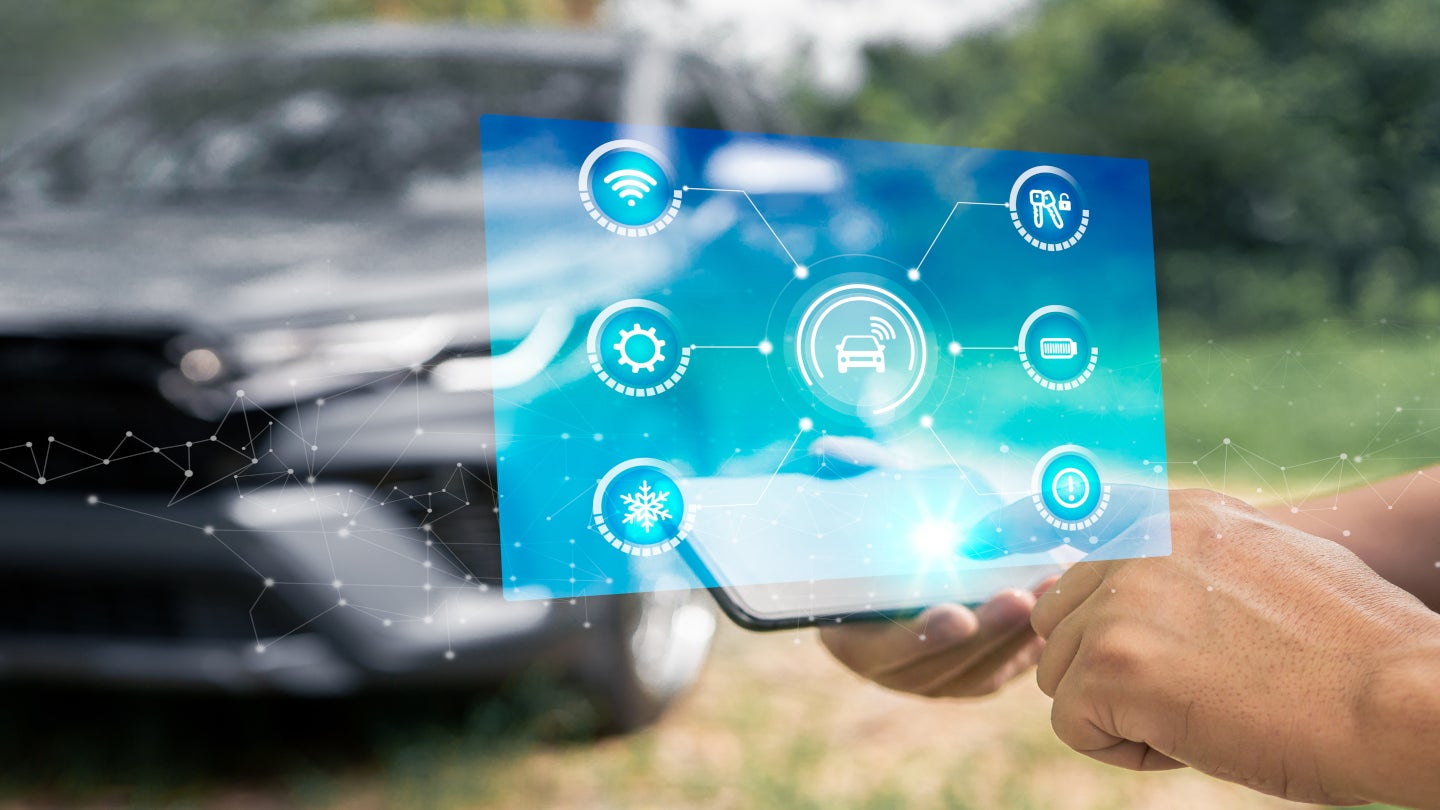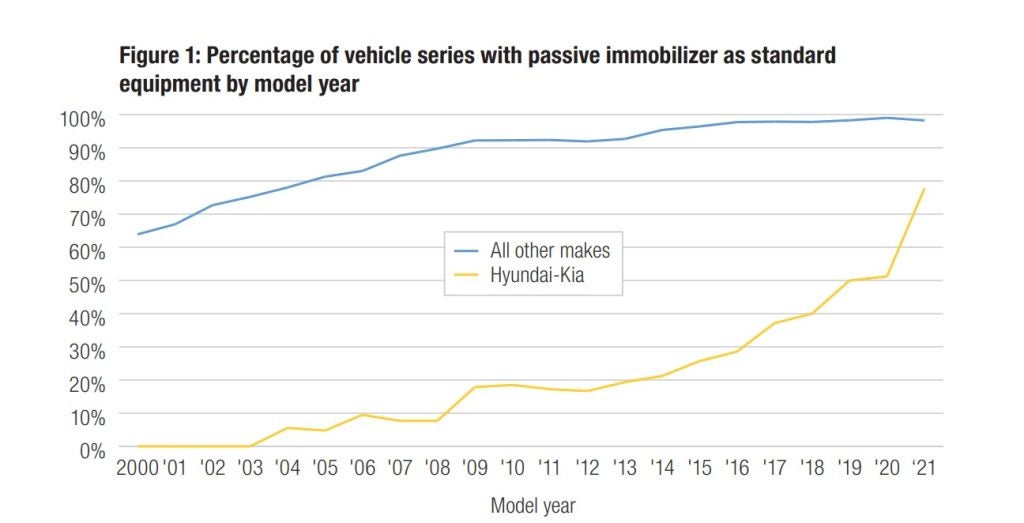
Over the last few years TikTok users have been uploading videos demonstrating how easy it is to steal certain Kia and Hyundai models. This has also impacted the insurance industry, with several large providers refusing to take on customers who own the apparently vulnerable models.
So why have these models been relatively easy to steal? It comes down to the vehicles not being equipped with engine immobilizers, meaning they require no key or key fob to start the engine.
It has been reported by the US National Highway Traffic Safety Administration (NHTSA) that over 3.8 million Hyundai models and 4.5 million Kia vehicles from 2011 to 2022 share this security weakness.
So, what can be done to resolve or alleviate the issues for car owners? We spoke to JR Ridley, public relations director, MarketWatch Guides, to find out more.

Just Auto (JA): Could you tell me about your role?
See Also:
JR: I’m a public relations director with the team at MarketWatch guides. We’re not MarketWatch Newsroom, we’re a separate third-party partner that works with MarketWatch; we focus on providing consumer advice on a wide variety of categories.
How well do you really know your competitors?
Access the most comprehensive Company Profiles on the market, powered by GlobalData. Save hours of research. Gain competitive edge.

Thank you!
Your download email will arrive shortly
Not ready to buy yet? Download a free sample
We are confident about the unique quality of our Company Profiles. However, we want you to make the most beneficial decision for your business, so we offer a free sample that you can download by submitting the below form
By GlobalDataMy team specifically focuses on automotive categories and that’s what drew us to this news story and prompted us to investigate. It is specifically looking at the auto insurance implications of the ‘theft trends’ that are transpiring around all of that. We really dug into some of the disturbing news we were learning involving some auto insurers who would not insure these vehicles any longer.
Why are some of these vehicle models not being insured?
This story originates back in 2021 when the trend started. What the issue is, is that a number of the Kia and Hyundai models from 2010s to early 2020s are not equipped with an engine immobiliser. Kia and Hyundai – for whatever reason – have a number of these vehicles from that time period that don’t have that technology which makes them remarkably easy for someone to hack into and drive off with.
Kia and Hyundai models from 2010s to early 2020s are not equipped with an engine immobiliser.
This started to come to light, unfortunately, in 2021 because of a TikTok trend where some people learned about the apparent oversight on the vehicles, posted that on TikTok and other social media and unfortunately, it’s taken off from there. These vehicles are now some of the most widely stolen in the US. In Milwaukee, Wisconsin, (where this trend started) theft levels were 30 times higher in 2021 than they there were in 2019.
It’s particularly concerning because the brands have so many of these car models out on the road. We found there are over eight million vehicles that could potentially be at risk just because of how well known these automakers are and how many people own these cars.
What steps can concerned vehicle owners take?
There are some short-term and long-term steps that I would recommend people take. In the short-term, there are some solutions that don’t require technological improvements or upgrades to the vehicles – steering wheel locks, for example. You can put these on your steering wheel and basically prevent the car from being able to navigate or turn in any way thanks to the manual device lock. It’s not going to be overwritten by any kind of technology.
There are also some other common-sense things to do; make sure vehicle doors are locked; try and park in a garage instead of out on the street and so on.
In the long-run it does look like Kia and Hyundai have figured out some software patches to address the engine immobilizer issue. In the US, at least from what I’ve seen, there’s no official recall by the National Highway Traffic and Safety Administration (NHTSA). There’s not necessarily a mandated urgency to get the vehicles fixed, but Hyundai and Kia are beginning to roll out the software patches and the fixes for people. We know they’re making some headway there. That’s going to be the best long-term solution – just make sure you get this issue resolved by the automakers and let them take care of it.

Based on the data you have collected, what do you predict for the future of this issue?
For this issue with the engine immobilizer, I would expect it to resolve over the next one to two years. The brands are taking remediation steps and most of their newer models after 2021 already have engine immobilizers.
I would say what we’re looking at is corrective action for some older models that are still out on the roads.
For this issue with the engine immobilizer, I would expect it to resolve over the next one to two years.
Something to keep in mind is what other potential security risks there are as more advanced technology and computer systems become more prevalent.
We didn’t have to factor these risks in when there wasn’t as much computerised technology in vehicles from previous years. I would expect looking toward the future there will be different versions of cyberattacks and widespread technological vulnerability that we need to account for.



